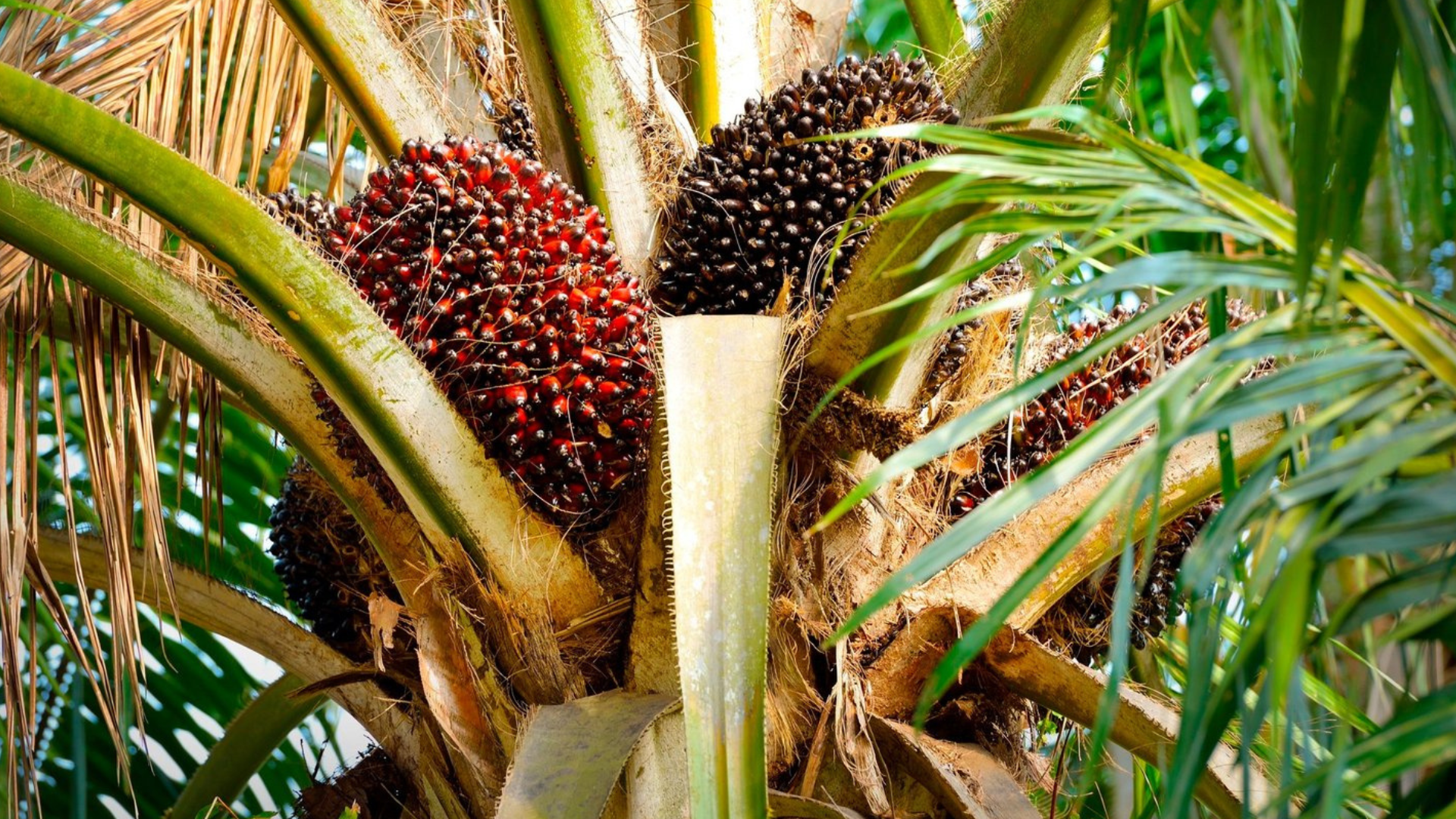Are you a nature lover who enjoys dedicating yourself to the environment? A zero waste lifestyle doesn't have to stop once you head out into the wilderness. With some thoughtful planning and a commitment to the "Leave No Trace" principles, you can enjoy a zero-waste camping experience while minimizing your carbon footprint. Here are some essential tips to help you on your way to a zero waste camping adventure:
1. Pack Reusable Essentials

- Forgo disposable plastic cutlery and opt for reusable eating utensils such as a stainless steel "spork” (a combination of spoon and fork).
- Take a durable, reusable water bottle and a thermos flask to reduce the use of disposable bottles and cups.
- Wrap your snacks and lunchbeeswax cloths or reusable silicone bags instead of plastic wrap or bags.
- Consider folding chairs and tables that can be easily stored and reused.
- Use durable and foldable camping mattresses instead of air mattresses.
- Use rechargeable LED lanterns or solar lighting instead of disposable battery lamps.
2. Meal planning

- Plan meals around bulk food to avoid excess packaging.
- Prepare and distribute meals at home to minimize waste while camping.
- Consider getting one small compost bin to take your food scraps in a responsible manner.
- Use if necessary reusable food containers and pouches to store food and reduce waste.
- Embrace cooking on a campfire or use one portable hotplate to reduce the need for disposable cookware.
- Pack sturdy, reusable cookware, such as stainless steel pots and pans.
3. Choose Smart Hygiene

- Choose biodegradable soap to enable dishwashing, personal hygiene and cleaning of things without harming the environment.
- Bring reusable cloths to replace disposable paper towels.
- Use biodegradable toilet paper and dig latrine holes for sanitation.
- Consider portable composting toilets for environmentally friendly waste disposal.
- If necessary, choose biodegradable wipes for personal hygiene and cleaning.
4. Omarm de "Leave No Trace" Principes

- Research camping rules and choose established camping spots to minimalize your impact on fragile ecosystems.
- Adhere to the principle of taking back all waste, including food scraps and rubbish, to keep nature clean.
- Follow local campfire guidelines or opt for onecamping stove to reduce the impact on the environment.
- Admire animals from a distance and do not feed them to maintain their natural behaviour.
- Stay on designated trails to prevent damage to vegetation and preserve the beauty of the landscape.
- Avoid disturbing natural or cultural features, leaving them untouched for others to enjoy.
- Make a positive impact by cleaning up any rubbish you find, and leave the campsite cleaner than you found it.
5. Get creative with DIY and Reuse

- Take a basic tool set, an small clothing repair kit, and materials to repair clothing and belongings and to dispose of wastereduce.
- Be creative by reuse items, old t-shirts, for example, make great cleaning cloths!
- Bring some extra tent fabric, needle and thread. If your tent has a small tear, you can easily repair it to prevent leaks.
- Use empty plastic bottles to store small items such as matches, spices, or even jewelry. Cut off the top of the bottle and you have a handy container.
- If your camping chair is worn out, you can reinforce the seat using old straps or scraps of fabric to provide more comfort.
- Make torches from empty glass jars by placing some sand and a candle in the jar. These can illuminate the camping site and create a cozy atmosphere.
- Use empty, well-cleaned cans to make cups, spoons, or funnels. Cut the cans properly and fold sharp edges to ensure caution.
- Old sheets can serve as tablecloths or shade cloths over your camping spot. They can also be used as a picnic blanket or to create a clean surface for sorting things.
- Attach a waterproof bag to a branch and fill it with water to make an impromptu shower. Prick a few small holes in it to create a gentle stream of water.
- Collect leaves, stones and branches to brighten up your camping spot. Use wire or string to make simple decorative pendants or wreaths.
- Old maps and journals can be used to make notebooks or diaries. Bind the pages together with twine or tape.
By embracing these tips for zero waste camping, you not only enjoy the beautiful nature, but you also contribute to its conservation. With conscious choices and thoughtful actions, you can enjoy the beauty of nature without leaving a trace. Have fun!
—
Let us know what tips you have for Zero Waste Camping.





.png)


